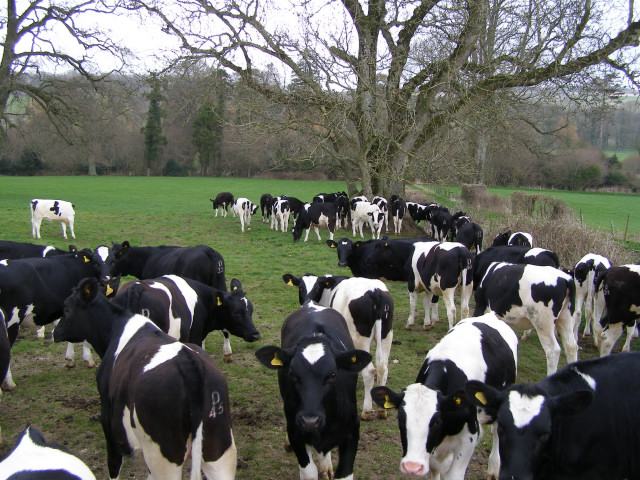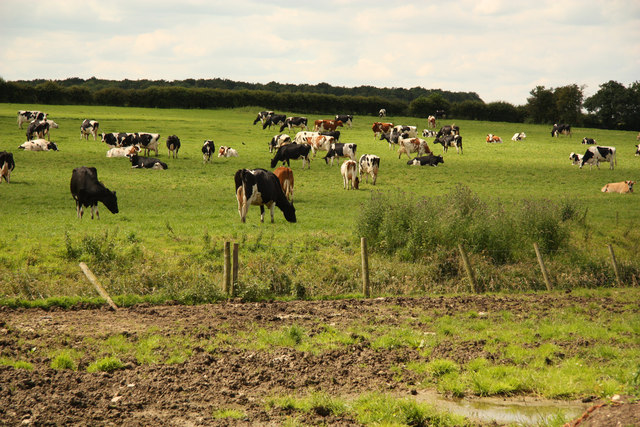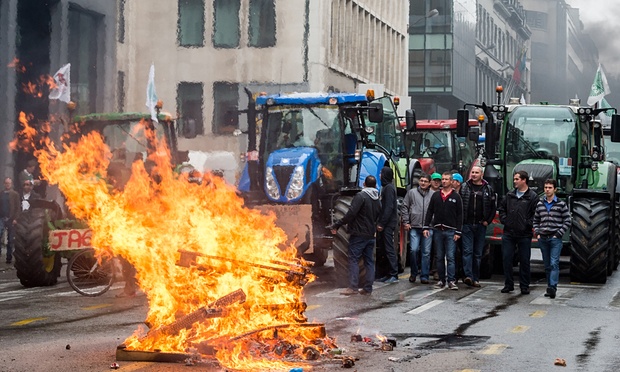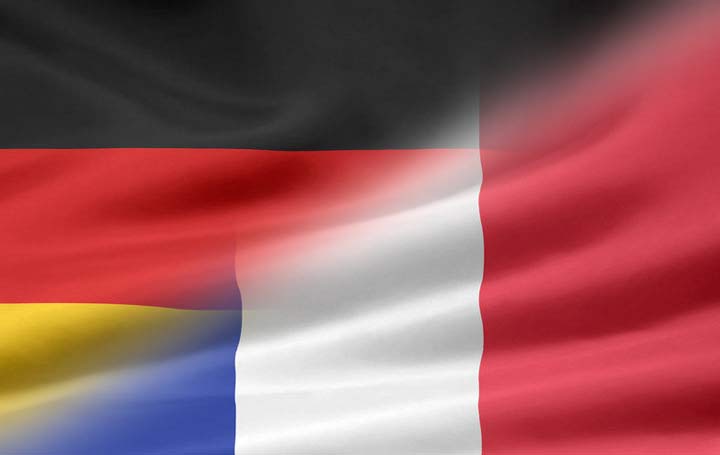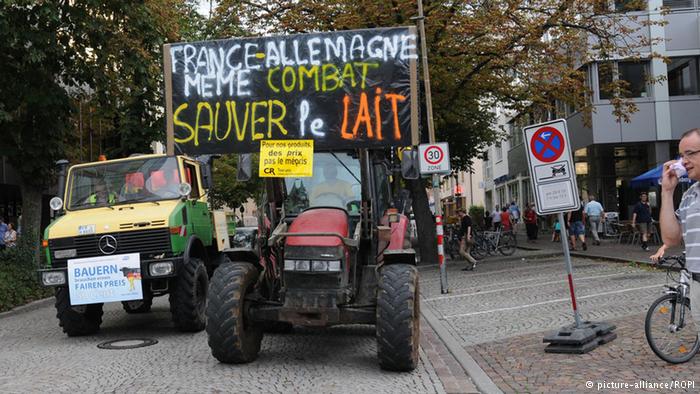Over on the ARC2020 website, they are having a debate on the #MilkCrisis to which I was asked to contribute. Below is my contribution to that debate.
“The weighted average milk price for the EU-28 in May was 26.6 c/litre, a price last seen during the last trough in the price cycle in 2009 when the milk price bottomed out at 24.39 c/litre. The reasons for the current downturn are well known.
Global dairy product prices reached record levels in 2014. EU milk prices reached a record high of 40.2 c/litre in the winter of 2013/2014, averaging 37.3 c/litre over the 12 months in 2014.… Read the rest

